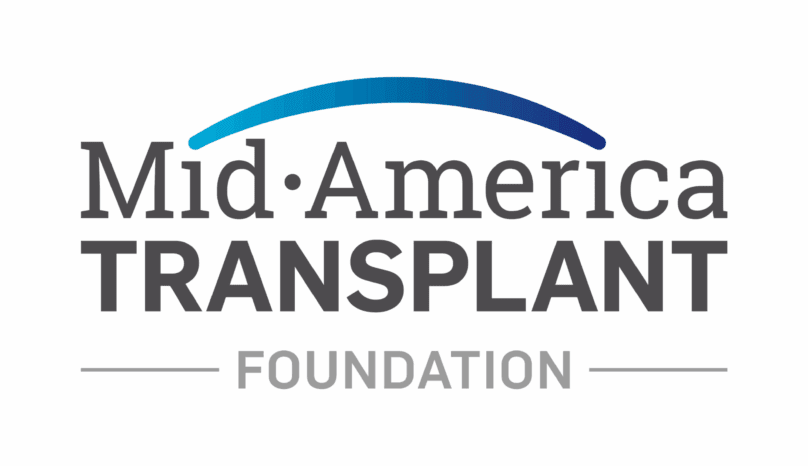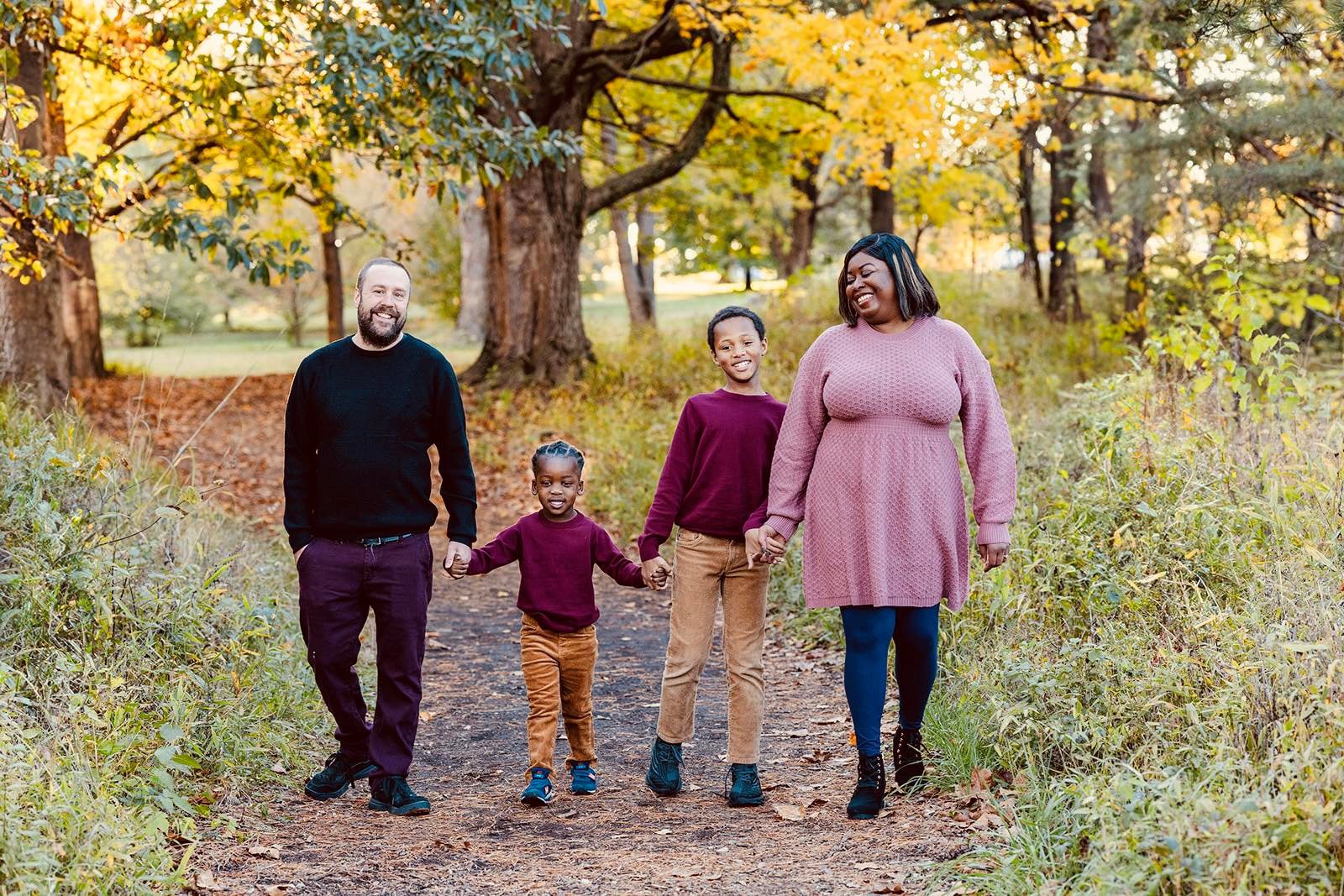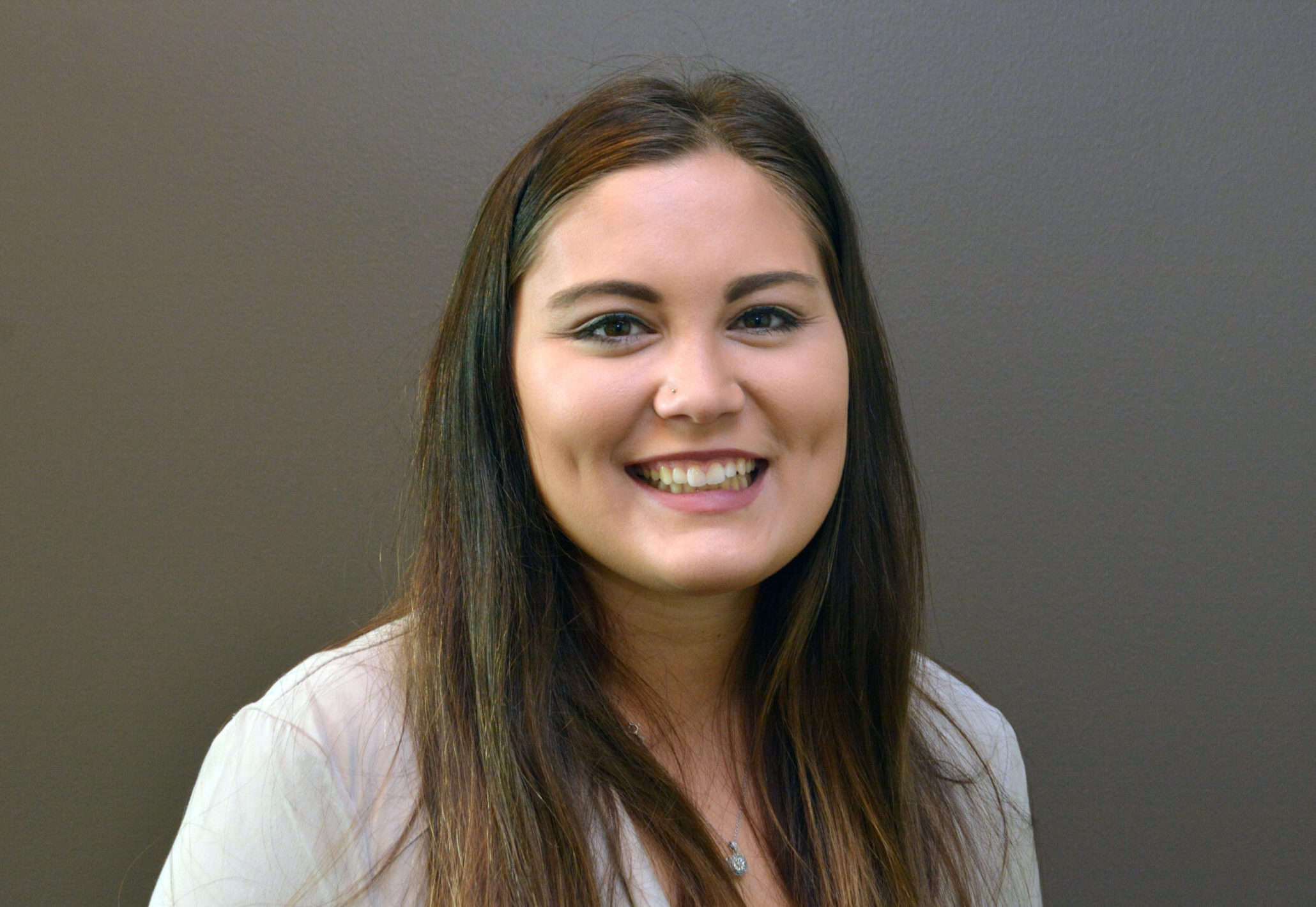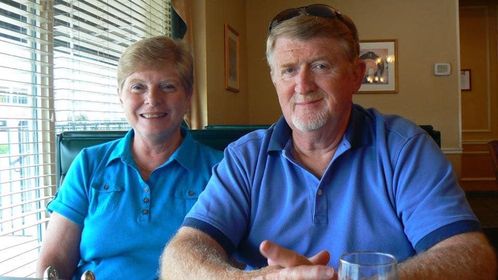Part of being stewards of the gift of donation is to give back to the communities we serve. Recently, the Mid-America Transplant Foundation awarded more than $1.5 million in grants that will provide grief services for donor families, drive innovative clinical research to make more organs available for donation, and support preventative programs to catch health issues early and keep people off the transplant list.
“The Mid-America Transplant Foundation works to reduce the need for organ and tissue transplantation, increase the availability of organs and tissues for those who need them, and improve the lives of recipients and donor families,” said Dr. Ellen Barnidge, Mid-America Transplant Foundation Chair. “Our grantees are our partners in this mission, and we are proud to support them in caring for donor families, transplant patients and communities.”
Honoring Donor Legacies
Lifesaving transplants would not be possible without the heroic decision of donor families. Ensuring these families have someone to walk with them during their grief journey is part of how we honor their loved ones. The Mid-America Transplant Foundation provided more than $500,000 to grief support programs in our service area, including Annie’s Hope, Infant Loss Resources, and the UMSL Counseling and Social Advocacy Center in St. Louis; Lost and Found Grief Center in southwest Missouri; NEA Baptist’s Center for Good Grief in northeast Arkansas; and Heartlinks in southeast Illinois. This funding will support staffing and programs to provide grief services for families, often at no cost to them.
Maximizing Available Organs for Transplant
Mid-America Transplant partners with academic institutions to support clinical research that can improve the outcomes for organ transplant. We have allocated more than $5 million to clinical research since 2016, and are the only OPO to invest at this level. This year, a grant was awarded to Dr. Mohamed Zayed at Washington University in St. Louis, whose team is exploring ways to develop human pancreatic islets in pigs, then transplant them to diabetic patients. This first-of-its-kind innovation would eliminate the need for insulin shots to control diabetes, and ultimately reduce the need for transplants due to organ failure.
Another project we funded aims to develop an AI-system to improve the use of hard-to-place kidneys, which otherwise may have gone to waste. The system brings together real-time data from Mid-America Transplant and the United Network for Organ Sharing to identify the best transplant center to take the kidney and best transportation route to get it there quickly, increasing the likelihood of getting more kidneys transplanted.
Reducing the Need for Transplants
While we work to make as many organs and tissues available as possible, we ultimately want there to be fewer people who need a transplant. The Foundation does this by supporting programs that provide preventative services to promote healthier communities and keep people off the transplant waitlist.
One such program at Casa de Salud received funding to support education and outreach related to diabetes, one of the leading causes for kidney failure. Funding also went to Eye Thrive, which provides comprehensive eye exams for children. In addition to identifying vision issues, eye exams can uncover other underlying health concerns that may ultimately lead to organ failure.
In addition to these areas, the Foundation funds the Family House, which provides housing to transplant patients and families who must relocate to St. Louis for pre- and post-transplant care. Our newly built Family House, which has double the capacity of the previous Family House, welcomed its first residents this month. We also provide scholarships for students studying critical care nursing and funeral home studies, areas that are crucial for caring for donors who have given a lifesaving gift. This year, we awarded nearly $50,000 to support students in nursing and respiratory therapy programs at St. Louis Community College, Missouri State University and Cox College.



